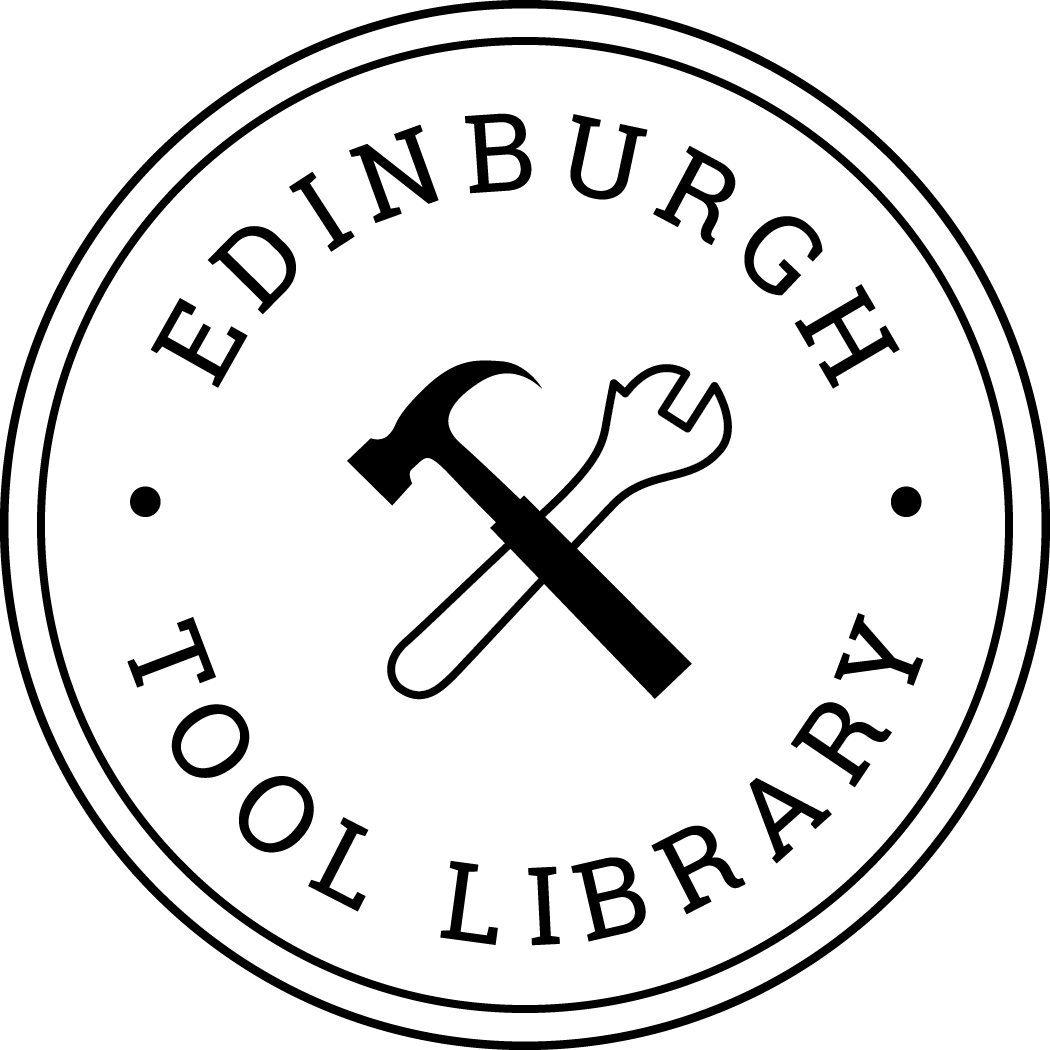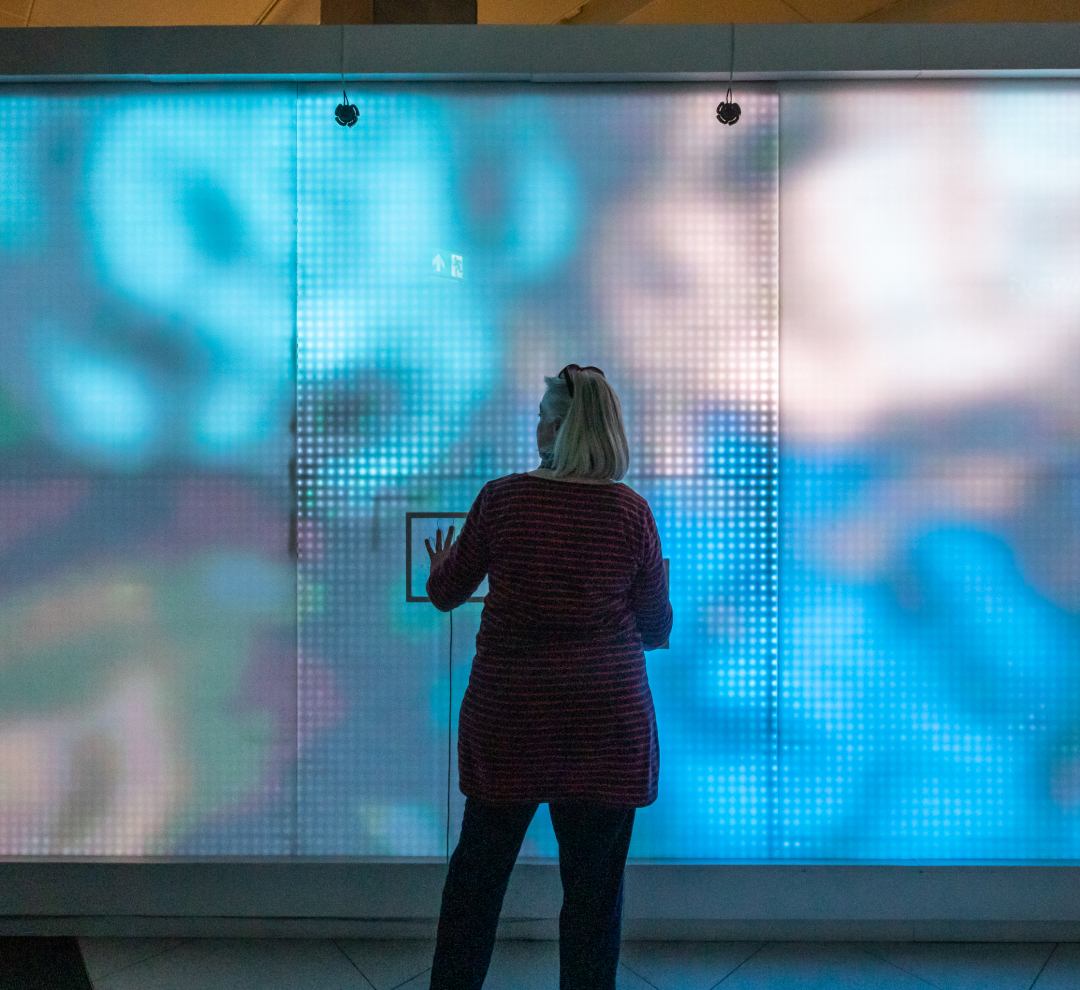The Edinburgh Tool Library enables community members to borrow seldomly used tools, rather than purchasing them. A tool library embodies a sharing economy where assets and knowledge are communal rather than accumulated individually. The key environmental argument for a sharing economy is that pooled assets reduce the need for production of expensive products or technology, thereby lowering emissions by producing less and making more of existing or fewer assets.
The key data-driven question Edinburgh Tool Library wanted to answer was how much carbon was being saved by borrowing rather than purchasing a tool. They had been working on augmenting their tool management system in which data about tools and their uses is stored, with additional information about the environmental impact of sharing. The system was designed to inform its members about how they are reducing their own carbon footprint through borrowing, but also to provide evidence about how Edinburgh Tool Library is reducing the community’s climate impact more widely. Furthermore, Edinburgh Tool Library was looking for a ‘dashboard’ to bring all the data it collected through its tool management system together that would reflect its successes back to its membership, as well as existing and future funders. In other words, it wanted to make better use of the data it already had.
“We realised that the data wasn’t actually… a bit like a tool on a shelf, wasn’t working to its full potential, and there was lots of things with a few tweaks that we could find out, in terms of carbon footprint reduction.” ETL interview
Edinburgh Tool Library uses a proprietary software platform called myTurn which is an inventory database used by rental companies to track their stock when out on loans. This North American software has been made available for free to many tool libraries internationally as part of the company’s corporate social responsibility. According to Edinburgh Tool Library, 95% of tool libraries across the world use this system to keep track of their tools and keep records of its members. Edinburgh Tool Library wanted to access and combine data it already had (tool loans) with external data on the carbon released in the making of a new tool – ‘cradle-to-gate’ processes such as extraction of raw materials, transportation, refinement and production of raw materials into a finished product. The new carbon calculation tool drew on data from three different databases:
- The Inventory of Carbon and Energy (ICE) by Circular Ecology and the University of Bath
- The Climate Impact Forecast – Life Cycle Assessment (LCA) for startups and impact entrepreneurs
- Greenhouse Gas Reporting: Conversion Factors 2020, UK Government
This created a new data set that was able to tell the story of how much embodied carbon was being prevented entering the atmosphere each time a tool was borrowed. The new dataset includes twelve common emission types, categorised by the materials in common tools (metal, plastic/rubber, mixed plastic/metal, mixed wood/metal, mixed plastic/wood, wood, aluminum, plastic, cordless power tool, corded power tool, petrol based, electron equipment). When the twelve common values are combined with the borrowing history of Edinburgh Tool Library’s tool management system, the carbon saving for any time period, tool type or member can be calculated. The calculation for each tool is ‘number of times tool was borrowed instead of bought’ x ‘weight of tool’ x ‘emission factor’ = ‘carbon saved’. At this stage other carbon savings such as waste reduction, recycling, material re-use are not part of these calculations.
This project, funded by Creative Informatics, was further enabled by the unique circumstances of the global pandemic. In the UK many employees were put on a government-supported furlough scheme which compensated working people not able to work in these circumstances. The Scottish Tech Army galvanized furloughed or unemployed people with IT skills to volunteer and supported Edinburgh Tool Library to help build this new user interface. A visible outcome of the software development has been the development of a ‘carbon receipt’:
“When you borrow a tool from the Edinburgh Tool Library, instead of having a… this costs three pounds, and so much is VAT, it’ll come back saying, this costs you nothing, but you’ve reduced your carbon footprint by 8 kilograms. It’s just those little tweaks that… we’d like to see filter into… a broader spectrum of society.” ETL interview
The rationale of a tool library is that sharing equipment and know-how through a network of staff and volunteers makes an economic as much as social contribution. By having access to physical objects, access to knowledge, networks and social infrastructures is enabled too.
The carbon tool developed by Edinburgh Tool Library, with R&D funding from Creative Informatics and in collaboration with myTurn, with additional support from the Scottish Tech Army, has enabled them to share this new tool through the international network of tool libraries. This small data-driven innovation project has thus enabled more than 400 libraries across the world to access and contribute additional data to the system, and thereby finetuning the data through crowdsourcing. This example demonstrates how data-driven innovation is helping to embed social innovation by supporting the meso level of social innovation described in this chapter.
Together with the case studies above, this example shows how – where the goal is to alter and reduce consumption and ownership – data and data-driven approaches support an understanding of motivations for the (dis)use of their objects, as well as of how to augment their perceived and use value. For Edinburgh Tool Library, value is made visible by demonstrating how the objects they loan and maintain – when situated in a specific social and technical context – have impacted the community and worked to reduce climate impact.
The Edinburgh Tool Library case study was presented alongside seven other case studies in a short film ‘Data-Driven Innovation for sustainable Creative Practice’ presented at the inaugural New European Bauhaus in Brussels in June 2022, which is a flagship policy by the European Union to bring creativity and interdisciplinarity to the New European Green Deal as a means to deliver on 2050 target of Net Zero.

